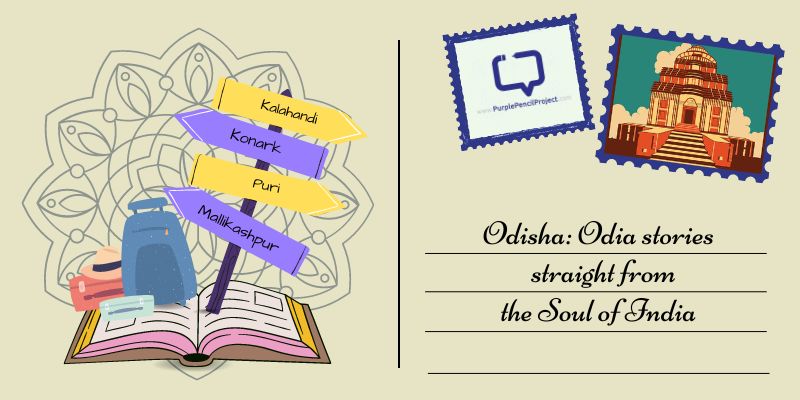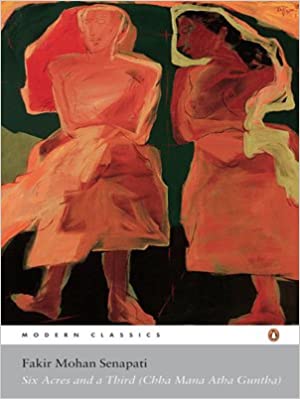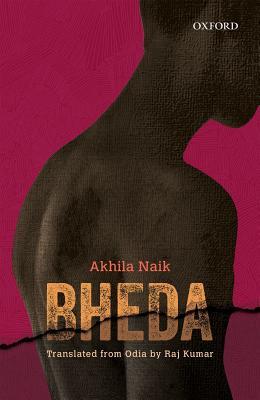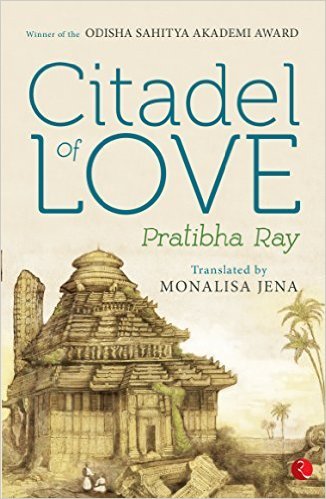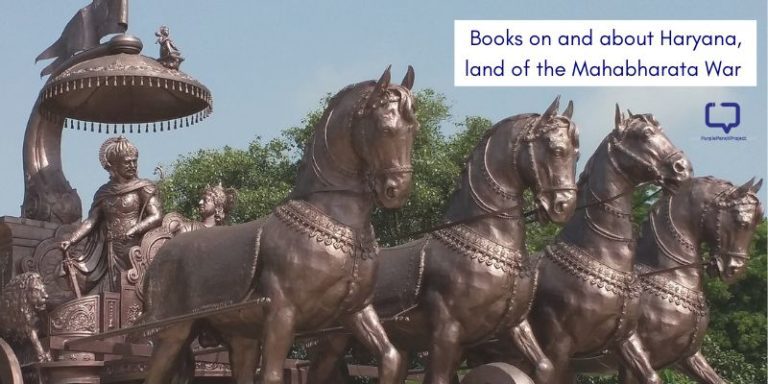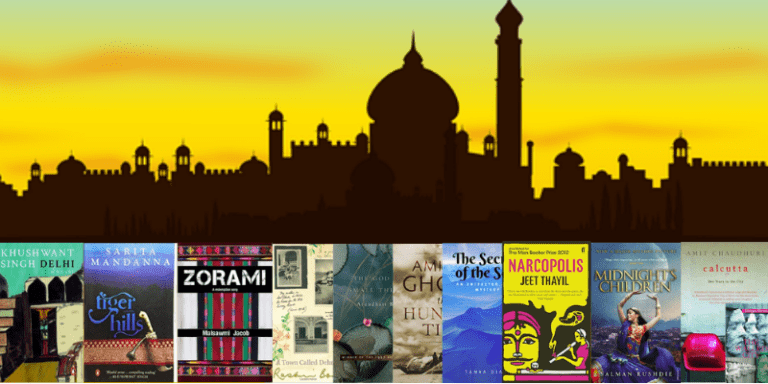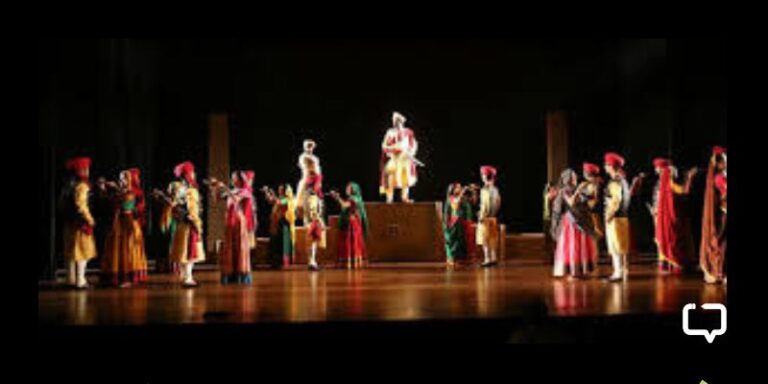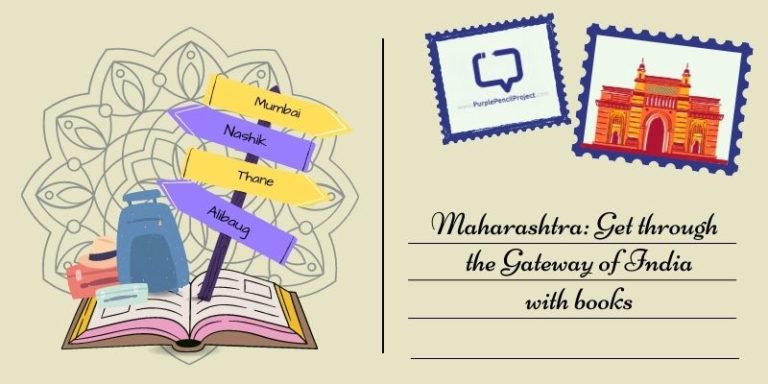Odisha is the land of fields and palm-fringed silver beaches, churches, rivers and waterfalls, and major attractions like the temples of Bhubaneshwar and Puri, distances of unpolluted beaches and also the magnificent Sun Temple of Konark. Odisha has given many seminal contributions to literature, like the Sarala Mahabharata and the Panchasakha’s poetry. Odia stories are more than ever now being written and read, so make sure you do not miss out on the learning with these books!
We encourage you to buy books from a local bookstore. If that is not possible, please use the links on the page and support us. Thank you.
Title: Six Acres and a Third: Chha Mana Atha Guntha
Author: Fakir Mohan Senapati
Publisher: Penguin India
Blurb: This sly and humorous novel by Fakir Mohan Senapati—one of the pioneering spirits of modern Indian literature and an early activist in the fight against the destruction of native Indian languages—is both a literary work and a historical document. A text that makes use—and deliberate misuse—of both British and Indian literary conventions, Six Acres and a Third provides a unique “view from below” of Indian village life under colonial rule. Set in Orissa in the 1830s, the novel focuses on a small plot of land, tracing the lives and fortunes of people who are affected by the way this property is sold and resold, as new legal arrangements emerge and new types of people come to populate and transform the social landscape. This graceful translation faithfully conveys the rare and compelling account of how the more unsavoury aspects of colonialism affected life in rural India.
Price: Rs. 270 || Pages: 228
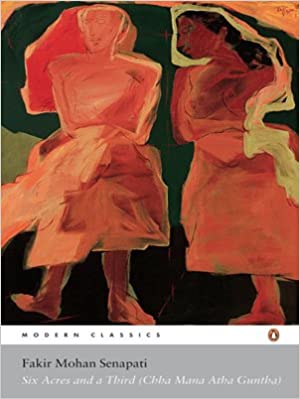
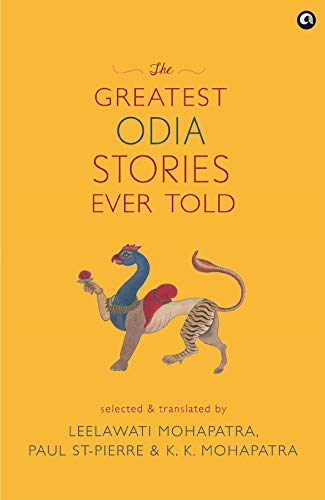
Title: The Greatest Odia Stories Ever Told
Author: Leelawati Mohapatra, Paul St-Pierre, K.K. Mohapatra
Publisher: Aleph Book Company
Blurb: The Greatest Odia Stories Ever Told showcases Odia’s greatest storytellers ranging from literary masters such as Fakir Mohan Senapati, Gopinath Mohanty, Reba Ray, and Manoj Das to contemporary stalwarts like Pratibha Ray, and Nrusingha Tripathy, among others. A young woman who was dragged away by a crocodile mysteriously resurfaces after a decade in Manoj Das’s ‘Mrs Crocodile’; a pet goat let loose in a government office causes amusement and chaos in Gopinath Mohanty’s ‘The Solution’; Godavaris Mahapatra’s ‘Maguni’s Bullock Cart’ deals with the anxieties of a bullock cart driver stuck between the trappings of traditions and modernity—the stories in this anthology traverse an exciting range of themes from fantasy to reality, and bone-chilling horror to rib-tickling humour.
Selected and translated by Leelawati Mohapatra, Paul St-Pierre, and K. K. Mohapatra, the twenty-four stories in this volume showcase the finest short fiction in Odia literature.
Price: Rs. 445 || Pages: 248
Title: Harijan: A Novel
Author: Gopinath Mohanty
Translator: Bikram Das
Publisher: Aleph Book Company
Blurb: First published in Odia in 1948, and translated for the first time here into English by Bikram Das, Gopinath Mohanty’s Harijan is one of the most original and radical Indian novels of the twentieth century.
It brings to vivid life the story of a group of Mehentars living in a slum. Cleaning latrines with their bare hands is the only work that they can hope to find as their caste excludes them from every other occupation. The leader of this group is the middle-aged and foul-mouthed Jema who starts her day by gulping down a potful of liquor and smoking pinkas in order to deal with the stench of the excreta. Avinash Babu lives in a palatial house next to the slum. He is planning to evict the Mehentars in order to develop the slum into a residential colony. One night, a fire breaks out and the entire slum is burned to the ground. The Mehentars leave the slum carrying their remaining possessions on their backs. They have nowhere to go but they are past all worries—they know that no matter where they go, they will still be cleaning excrement, for they are Harijans.
Price: Rs. 443 || Pages: 328
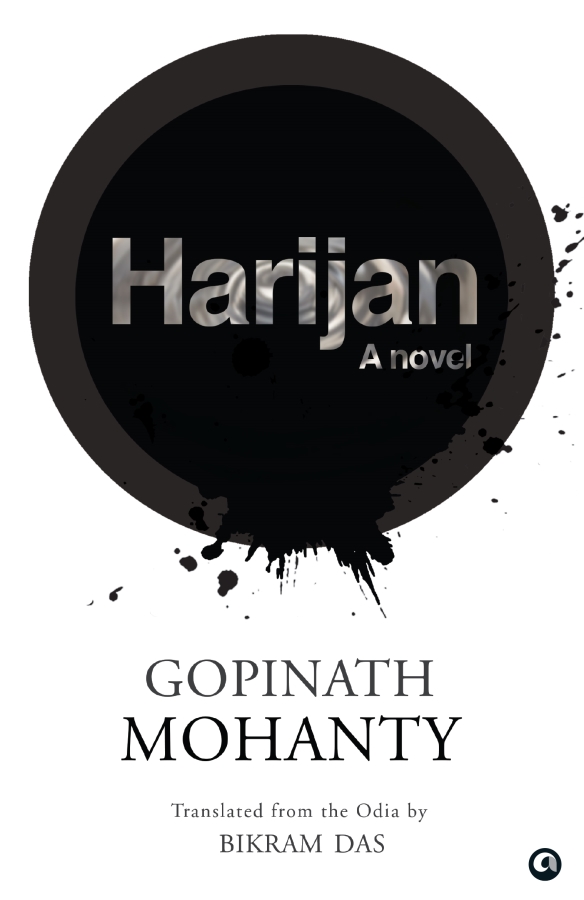

Title: A Boundless Moment
Author: Paramita Satpathy
Translator: Snehaprava Das
Publisher: Sahitya Akademi
Blurb: A Boundless Moment is an English translation of Sahitya Akademi’s’s award-winning collection of Odia stories, Prapti which deals with eventualities of human fate, especially that of women. The stories in the collection are attempts to examine the deeper truths of life through subjectivizing external realities. Range of factors such as a multitude of themes, wonderful imagination, clarity in expression, deft usage of language and poetic narration, aid in racing up the work.
Price: Rs. 200 || Pages: 244
Read a review for this book here.
Title: Basanti: Writing the New Woman
Author: Annada Shankar Ray, Baishnab Charan Das, Harihar Mahapatra, Kalindi Charan Panigrahi, Muralidhar Mahanti, Prativa Devi, Sarala Devi, Sarat Chandra Mukerjee, Suprava Devi
Translator: Himansu S. Mohapatra, Paul St-Pierre
Publisher: Oxford University Press
Blurb: In this collaborative novel, nine young authors narrate the journey of a liberated woman who questions the socially ordained roles of women and argues for change, especially through education. The authors, six men and three women, belonged to the ‘Sabuja Age’ in Odia literature, a short-lived, creative period of ten to fifteen years. Serialized in Utkala Sahitya between May 1924 and November 1926 and published as a book in 1931, with a revised version appearing in 1968, Basanti is the first fictional declaration of the independence of the Odia woman.
Price: Rs. 550 || Pages: 276


Title: Bheda
Author: Akhila Naik
Translator: Raj Kumar
Publisher: OUP India
Blurb: Akhila Naik’s Bheda (2010) has the distinction of being the first Odiya Dalit novel. It is set in remote villages of the Kalahandi district in western Odisha mired in poverty, drought, famine, child trade, and malnutrition. The novel traces the lives of the educated members of the Dalit community, who become conscious of their plight and rise up in revolt. Threatened by the collective, the upper castes unite to take revenge on the Dalits and their leader Laltu. After gruesome violence is inflicted on the community, the movement comes to an abrupt end with the connivance of the state, the police, the media, and civil society at large.
The word bheda means a sense of difference. When used with the word bhaba (meaning existence in this context), it implies the differences that exist among people in terms of caste, class, or race. It also means ‘the target’. The title ties together the multiple meanings of this word.
Price: Rs. 900 || Pages: 152
Title: Citadel of Love
Author: Pratibha Ray
Translator: Monalisa Jena
Publisher: Rupa Publications India
Blurb: Based on folklore, legends and myths, and backed by meticulous research, Citadel of Love is set in Odisha in the thirteenth century—considered the state’s golden age, when the Konark temple was being built under King Narasimha Deva’s patronage.
A modern-day foreigner, Charles, arrives with his fiancée to study the Konark region. As he discovers palm-leaf manuscripts and records tales that were handed down generations, he begins to have strange experiences. A woman’s statue, in particular, haunts him till he is transported to a time when she was alive and the Konark complex was under construction. Two mystical love stories of the past unfold, even as new romance blooms in Charles’ life. Surreal, mysterious and often bordering on the magical-real, this is a tale of passion that spans centuries.
Price: Rs. 280 || Pages: 312

This list of books is curated by Amritesh Mukherjee for Purple Pencil Project’s Instagram.








